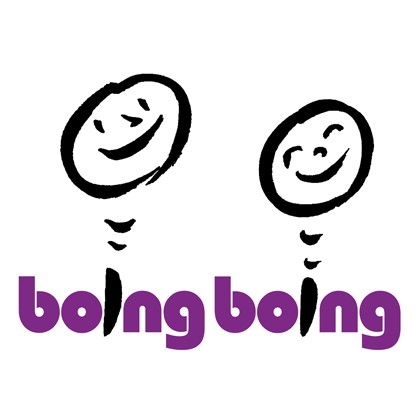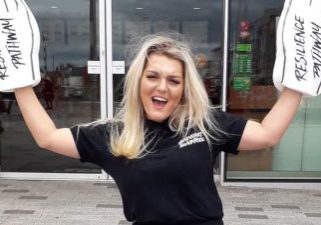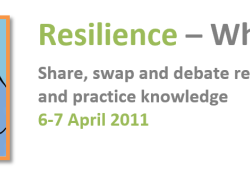Boingboing blogs from… the Resilience Forum!
Democratising distress: Reforming approaches to suffering and resilience in our communities – Carl Walker, Brighton Resilience Forum – Wednesday 27 May 2015
by Angie and Becky, Boingboing bloggers
We can see some of our Resilience Forum members getting a bit nervous when speakers start bandying about phrases like ‘neoliberal responsibilisation’, but Carl starts with a great story. Trying to be a useful academic, he was doing some volunteering, but ended up being removed from the tea bar at the Brighton Unemployed Centre Families Project, for making substandard cuppas. What he goes on to talk about is actually pretty empowering. If you can’t be bothered to download the slides, here it is in a nutshell. It was about not packaging mental distress as something that can only be fixed by ‘experts with a privileged hotline to the truth’. Carl spoke about how informal community spaces frequently foster mental wellbeing through normal, everyday human practices. Being a good neighbour, treating people with compassion, making human connections, providing a space to just ‘be’ without labels and judgement were all part of the picture. And to start addressing oppression and inequalities, resilient practitioners might work to promote collective advocacy alongside disadvantaged and excluded groups.
There was some discussion around the use of language, beyond our usual discussion of how armies of academic arm chair activists are making a living complaining about the concept of resilience (often with some justification, we might add, for fear of getting our bike tyres let down…). Carl wants to ban ‘therapeutic’ as a way to describe these spaces and practices, as he feels it diminishes them (oh that’s ‘therapeutic’, but not as therapeutic as, well… Therapy, with a capital ‘T’). There were some in the room who totally agreed with him, with just a few dissenters piping up in defence of the word. Fence sitters were certainly given a lot of food for thought. Could the word ‘beneficent’ be used instead, thought Carl, to move away from passive submission to ‘Psy’ institutions and the biomedial model of diagnosis and treatment? Spaces for deprofessional, co-owned, unenclosed, informal and imperfect practice. ‘Oh cripes!’ shrieked one Boingboinger, not more language and new words for people to get their heads around. The mental health commissioners won’t take that seriously, honestly they won’t. Academics spend too much time making up new words that nobody else uses.
About 30 eager people attended this Forum to hear about democratising distress, including parents, practitioners, young people, someone from public health, students, various social-work/therapy people and academics. With such a mixed audience, the small group discussions for the Q&A were pretty lively. Strong feelings were expressed, but in the end there were no punch ups over the various semantics. Those of us wishing to buy into a more social model of distress probably need to think carefully about how such spaces could be sustainably funded without changing their nature. Until then we may have to take our therapy with a small ‘tea’, as it were… as long as Carl’s not making it.


